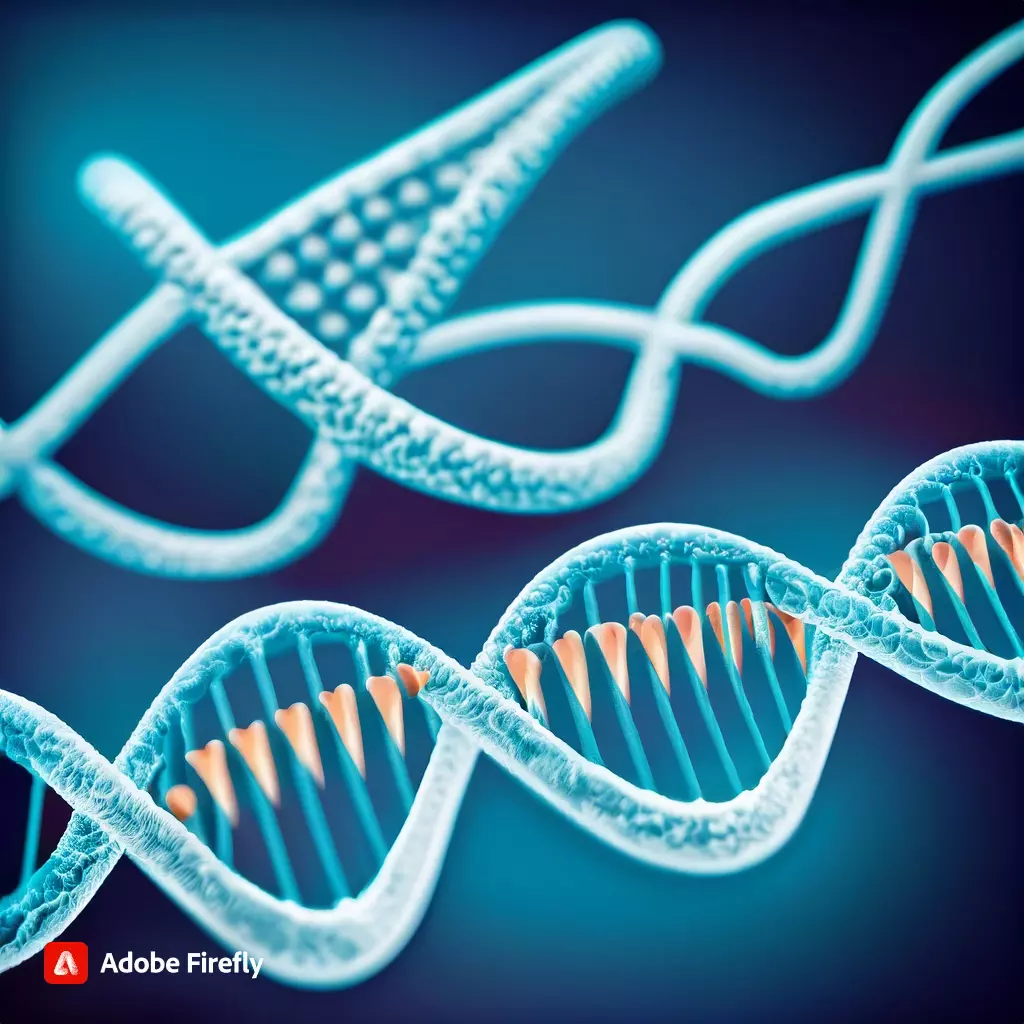The intricate interplay between genetics and health has long been a subject of study, and recent research has shed light on a surprising connection between humans and Dobermanns – a breed of dog renowned for its strength and loyalty. Scientists have discovered that the same genes are implicated in heart muscle disorders in both humans and Dobermanns, offering valuable insights into the understanding and potential treatment of these conditions. In this article, we delve into the genetic commonalities that bind us and our canine companions, shedding light on the significance of these findings.
The Shared Challenge: Heart Muscle Disorders
Heart muscle disorders, collectively known as cardiomyopathies, encompass a group of conditions that affect the heart muscle’s structure and function. These disorders can lead to arrhythmias, heart failure, and other life-threatening complications in both humans and dogs. Among these breeds, Dobermanns have a higher susceptibility to dilated cardiomyopathy (DCM), a condition that can lead to heart failure.
The Genetic Connection
Recent genetic research has uncovered a surprising link between DCM in Dobermanns and certain types of cardiomyopathies in humans. A specific group of genes, often related to the structural proteins in heart muscle cells, has been identified as the common culprits. Mutations in these genes can lead to abnormal heart muscle function and the development of cardiomyopathies.
Implications for Both Species
1. Early Detection: Understanding the shared genetic basis for heart muscle disorders in humans and Dobermanns can lead to the development of genetic tests. These tests could enable early detection of individuals at risk, facilitating timely intervention and personalized treatment strategies.
2. Treatment Insights: Studying the same genes in both species provides researchers with a unique opportunity to gain insights into potential treatment options. Treatments that prove effective in one species may inform therapeutic approaches for the other.
3. Breed Health Improvement: For Dobermanns and other susceptible dog breeds, these findings can guide breeding programs. Responsible breeding practices can help reduce the prevalence of DCM, ultimately improving the health of these beloved dogs.
4. Human Health: Discovering shared genes can offer valuable insights into the mechanisms of cardiomyopathies in humans, potentially leading to the development of novel treatments or interventions that can benefit both species.
Challenges and Future Directions
While these findings are promising, challenges remain. Further research is needed to fully understand the nuances of how these genes function and interact with other factors. Additionally, the translation of research findings into practical treatments for both humans and Dobermanns will require collaboration between geneticists, veterinarians, and medical professionals.
The discovery that the same genes underlie heart muscle disorders in humans and Dobermanns underscores the interconnectedness of life on this planet. While we may differ in many ways, our shared genetic heritage reminds us of the deep connection we have with our animal companions. As scientists continue to explore these genetic links, they pave the way for improved diagnostics and treatments that can enhance the lives of both humans and Dobermanns. This research exemplifies the power of collaboration between the fields of human and veterinary medicine, offering hope for a healthier future for all.
https://thelogicalindian.com/h-upload/2023/09/23/500x300_233647-firefly-images-related-to-genes-36908.webp
Trending
2023-09-23 11:37:20.0
Unraveling Genetic Links: Connection Between Heart Muscle Disorders In Humans & Dobermanns











